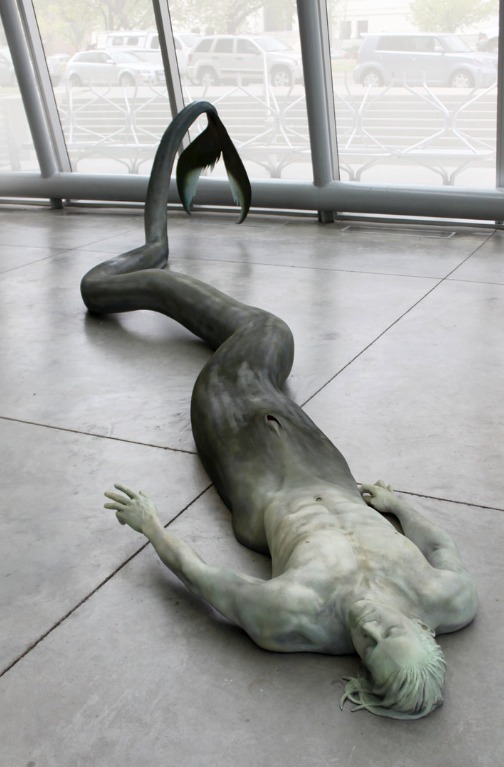This little town in Portugal has the houses tucked between, on, and underneath giant boulders.

In 1938, Monsanto was dubbed the most “Portuguese town in Portugal.” That happened on the eve of the Portuguese Dictatorship, and it’s kind of weird because Monsanto certainly does not seem representative of the entire country (most Portuguese houses are not sandwiched between gigantic boulders).
Monsanto’s tiny streets wind at a steep grade past red-roofed cottages tucked against mossy boulders. Some of the boulders are actually fitted with doors, leading to structures carved right into the rocky landscape.
The mountain town seems a bit unorthodox, as its unique terrain has given a unique twist on classic Portuguese architecture.

Image credit: Rafael Tello
Walking along the cobbled streets it soon becomes evident that Monsanto is a microcosm of Portugal. The architecture even incorporates the Portuguese Manueline style on a number of buildings and a church.
While it certainly represents the classic Portuguese rural style, visitors will no doubt be more impressed with the cottages built in boulder style than medieval Romanesque or Manueline.

Image credit: João Campos
Monsanto’s history has been defined by its landscape. The town hangs off a rocky mountaintop overlooking the Portuguese countryside, with views for miles.The mountaintop has been an extremely important strategic position since prehistoric times. It’s crowned by the remains of a Templar castle, also built on boulders, which was partially destroyed by an explosion, in the 19th century.
The town has hardly changed in hundreds of years, and enjoys distinction in Portugal as a living museum. Due to its status, Monsanto cannot be changed and has retained its classic rural charm.

View of Monsanto from from the castle. Image credit: ccarlstead

Image credit: ccarlstead

Image credit: Tomoaki INABA












Src: earthlymission.com








